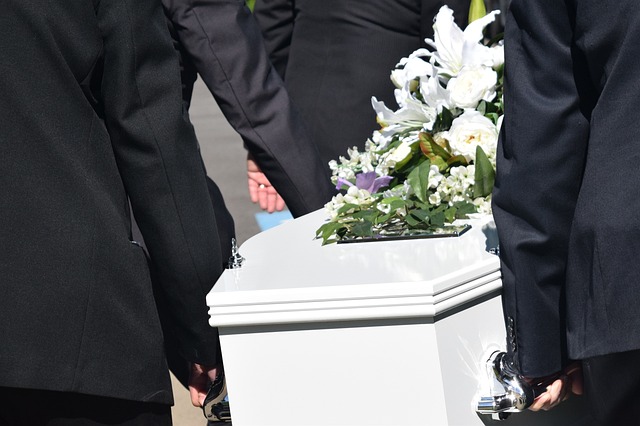Cremation Services: What Families Should Know Before Choosing
Making end-of-life arrangements can be overwhelming, especially when faced with various options for final disposition. Cremation has become increasingly popular in the United States, with more families choosing this alternative to traditional burial. This comprehensive guide will help you understand the cremation process, costs, and important considerations to make an informed decision.

How Does the Cremation Process Work?
The cremation process involves placing the deceased in a special cremation container or casket, which is then moved to the cremation chamber. The chamber reaches temperatures between 1,400 and 1,800 degrees Fahrenheit, reducing the body to bone fragments. These fragments are then processed into what we commonly know as ashes. The entire process typically takes 2-3 hours, though the total time from facility arrival to receiving the ashes may be several days.
Comparing Cremation and Traditional Burial Options
Cremation offers several distinct advantages over traditional burial. It typically costs significantly less than a conventional funeral and burial, provides more flexibility for memorial service timing, and offers various options for handling the remains. Traditional burial requires a cemetery plot, casket, and often a vault, while cremation allows families to keep, scatter, or inter the ashes in multiple ways.
Understanding Cremation Costs
The cost of cremation services varies significantly based on location and chosen services. Here’s a breakdown of typical costs:
| Service Type | Average Cost Range | What’s Included |
|---|---|---|
| Direct Cremation | $600 - $1,200 | Basic cremation without services |
| Traditional Cremation | $2,000 - $4,000 | Viewing, service, basic urn |
| Full-Service Cremation | $4,000 - $7,000 | Complete funeral service plus cremation |
Prices, rates, or cost estimates mentioned in this article are based on the latest available information but may change over time. Independent research is advised before making financial decisions.
Memorial Options After Cremation
Families have numerous options for memorializing their loved ones after cremation. These include:
-
Keeping the ashes in an urn at home
-
Scattering in meaningful locations
-
Creating memorial jewelry
-
Interring in a columbarium
-
Incorporating into memorial gardens
-
Converting ashes into memorial objects like glass art or diamonds
Essential Questions for Cremation Providers
When selecting a cremation provider, ask these critical questions:
-
Are you licensed and certified?
-
What’s your identification process throughout cremation?
-
Do you own your crematory or outsource?
-
What are your exact costs and what’s included?
-
What are the timing expectations?
-
What container options are available?
-
How do you handle special requests or religious requirements?
Selecting a Reputable Cremation Service
| Provider Type | Services Offered | Key Features |
|---|---|---|
| Funeral Homes | Full-service cremation | Traditional services available, experienced staff |
| Cremation Societies | Direct cremation | Lower costs, membership benefits |
| Memorial Services | Cremation with memorial | Flexible scheduling, customized ceremonies |
Making end-of-life arrangements requires careful consideration of various factors, including cost, family preferences, and religious beliefs. Understanding these aspects of cremation services can help families make decisions that honor their loved ones while respecting practical considerations. Remember to take time to research providers thoroughly and ask all necessary questions before making your final choice.




